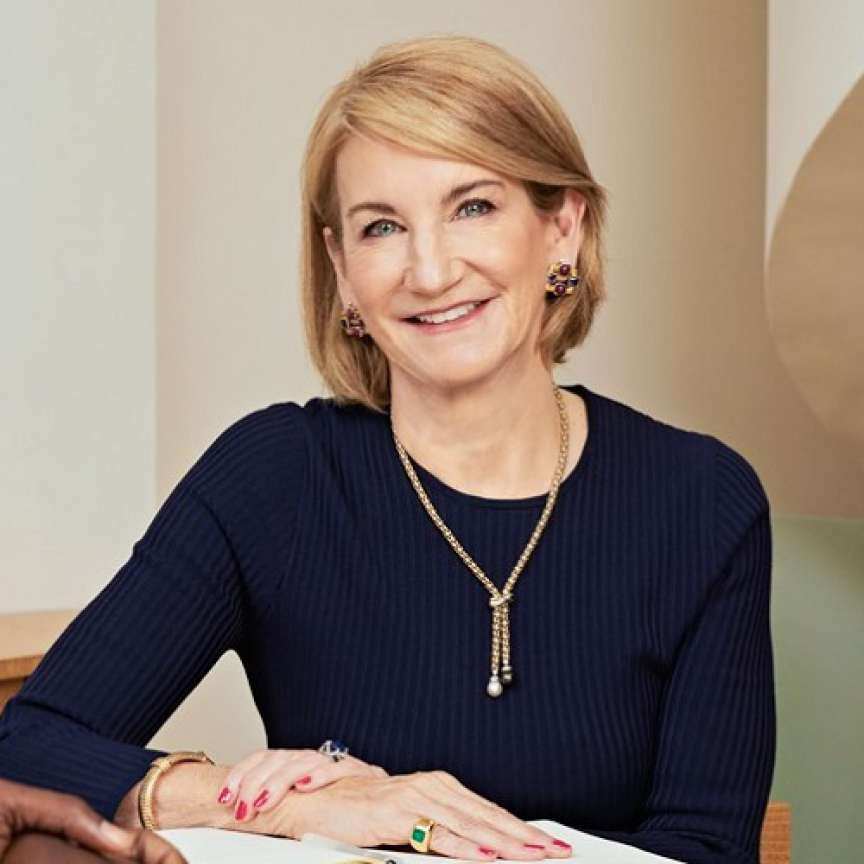
Written by Sally Tennant OBE
13 Nov 2025
The governance structures of many enterprises and corporations are determined by law, regulation, and shareholder requirements. For family offices, there can be considerably more flexibility in how they constitute themselves and govern their activities. Although many single family offices may begin with little tangible framework for governance, the more a family and its assets grow in complexity and diversity, the more critical governance becomes.
Without a suitable governance structure in place, family offices may lack a clear strategic direction. The lack of clarity regarding decision-making processes, reporting and overall accountability can lead to inefficiency, an erosion of trust, and difficulty in achieving long term capital preservation objectives.
As many family offices begin their professionalisation journey and aspire to implement stronger governance frameworks, this blog outlines the key governance practices that can help family offices achieve stability, longevity, and ultimately, success for current and future generations.
Establishing an investment committee
There's a recognition that families, family offices, and the teams within a family office benefit from having an investment committee that they can call upon and use as a resource — not as a threat to double check what you're doing, but as a resource to enhance decision making.
Newer family offices tend to have people that they know on the committee; they might be people who worked within a bank, or are retired — people not necessarily at the forefront of the money or experienced enough. In these scenarios, establishing an investment committee of suitably qualified and impartial members can represent a significant upgrade.
Onboarding non-executive directors
If you take the example of a long-standing family office such as the Grosvenors in the UK, they've got a number of Non-Executive Directors from generation to generation in a governance structure very similar to that you would see in a public company.
As more mature family offices begin thinking about succession planning, many of them have established an investment advisory committee, but are yet to appoint Non-Executive Directors. These are people that are independent and can broker the next generation and the current generation.
The appointment of Non-Executive Directors is also a recognition that the families that have the biggest challenges are often the ones where it's been difficult to speak truth to power. For most family office employees, it's hard to turn around to someone and say something is a bad idea because you risk your own job. An impartial Non-Executive Director can help broker that.
Introducing institutional-grade analysis and reporting
There is also an investment in upgrading investment reporting and performance analysis. Last year, I worked with one of our biggest clients who did a real exploration of what was out there, how they could include risk, and how they could include good performance attribution analysis. I'm pleased to say that Landytech performed a great performance and risk analysis for the client.
Developing specialist expertise
There is a growing trend of family offices building their expertise and focusing their investment spend in-house on a particular area of expertise, such as Venture Capital. They're doing it to gain an advantage in securing good co-investment deals. You want to be attractive to a private equity house for an actual investment so that they want you as the shareholder. Because you are a long-term shareholder, you bring something to the table. This allows family offices to focus a lot on one area and then partner with other people who have different expertise and build a network there.
Instilling a mission and values
Two or three years ago, people used to predominantly talk about developing constitutions and putting them in place. That's still there and is really important. But now, in the search for talent, family offices are looking at themselves as a business and being able to articulate both their mission and their strategy to ensure it's aligned with the family and their values. If you're trying to attract the top talent, you have to ensure that you've got a competitive advantage.
I sit as a board member for a number of families and these are the sort of conversations that we're having. It helps you attract and retain not only the best talent, but also the best deals.
Creating an investment holding company
Whilst family offices have been treated as a business, they have previously been predominantly cost centres. Some family offices are flipping that around and thinking about not necessarily becoming a multi-family office but an investment holding company offering some of their products to other families and third parties.
The costs of running this can be huge, but the talent family offices are trying to attract can have a stake in it. Let's take the real estate business or the private equity business — they could go and work for a real estate company or a private equity company where they're amassing more AUM and therefore they'll have higher take-home pay. People are looking at that and thinking, “Do I turn this into something that can make more money?” Predominantly, these discussions are for families that have sold their family businesses and their investments are the sole business that they have left.
The challenges in doing this should not be underestimated. The alignment of strategy and financial interests is so important between the objectives and those of the key staff. Some families underestimate the regulatory headaches of suddenly having to offer money to other professional investors and what that entails.
On top of this, they’re not used to delivering client service because they're the only client. There is also a question about privacy being intruded upon if you start offering client money to third parties.
Investing in your reputation
Managing your reputation can also be critical to attracting talent and the best investment deals. There are currently more people talking about it than actually doing it, however, attitudes are evolving.
AI has really made people wake up in terms of what's going on here. AI and the fact that a number of families are not necessarily getting the deals or the amount of the deals that they would like to. So if you think that privacy now is a luxury, there is no way you can rely on isolation. If you Google and try and look for a family right now, if there's nothing on them, that's a serious warning. You need to think about investing in your reputation to control the narrative.
That's not telling the whole world about everything that you do, but actually saying what you're about as a family and as a family office. It is a valuation booster, like any business, and creating a brand is an important component.
It's also a shield in times of crisis. How many of you have read about the Barclay brothers in the last few years, all over the front page? Well, that was a family that consciously attempted to remain private. Suddenly, the press was at them, and nobody needs that. So it's always good to invest in your reputation. It helps you get good deals. People think of you as a good organisation. You'll be higher up the list than somebody else, and it can be a unifying force for the family.
And it certainly can help in philanthropy. Now, the due diligence process is phenomenal. I'm Vice Chair of the Royal Academy of Arts and I can tell you that when anyone wants to give a donation, the anti-money laundering and know your customer checks are onerous.
How are single family offices building their reputation? They're like a business, thinking about their core brand attributes. And actually, the advice I would give is don't try and be all things to all people. Get known for something, particularly if it's something to do with your DNA.
It's also about being patient and authentic. It's a bit like the greenwashing conversation; if you don't actually walk the talk, there's no point doing it.
When building your digital presence, you need to scrape your identity all the time and check there's nothing out there that people have mistakenly associated you with.
And this is a real worry for families. Security is important to them, and security is not just their physical security; it's their emotional security and their reputational security.
It is a long road... where are you on the journey?
Governance is a an ongoing, evolving process that takes time, effort, and in some cases, active investment to put in place. Then it needs to be adjusted as necessary to continue meeting the goals and needs of the family and family office.
Building a framework is a long road, but those that can successfully address the challenges of building a suitable one, including the establishment of investment committees and institutional-grade reporting, are best placed to preserve family capital and ensure the well-being and positive engagement of the next generation successfully.
Watch the full keynote speech by Sally Tennant OBE here.



